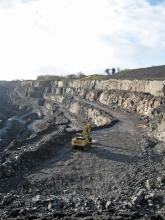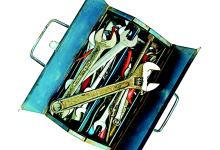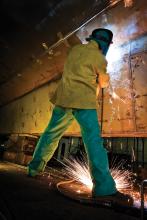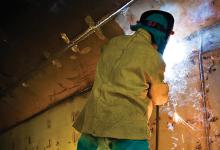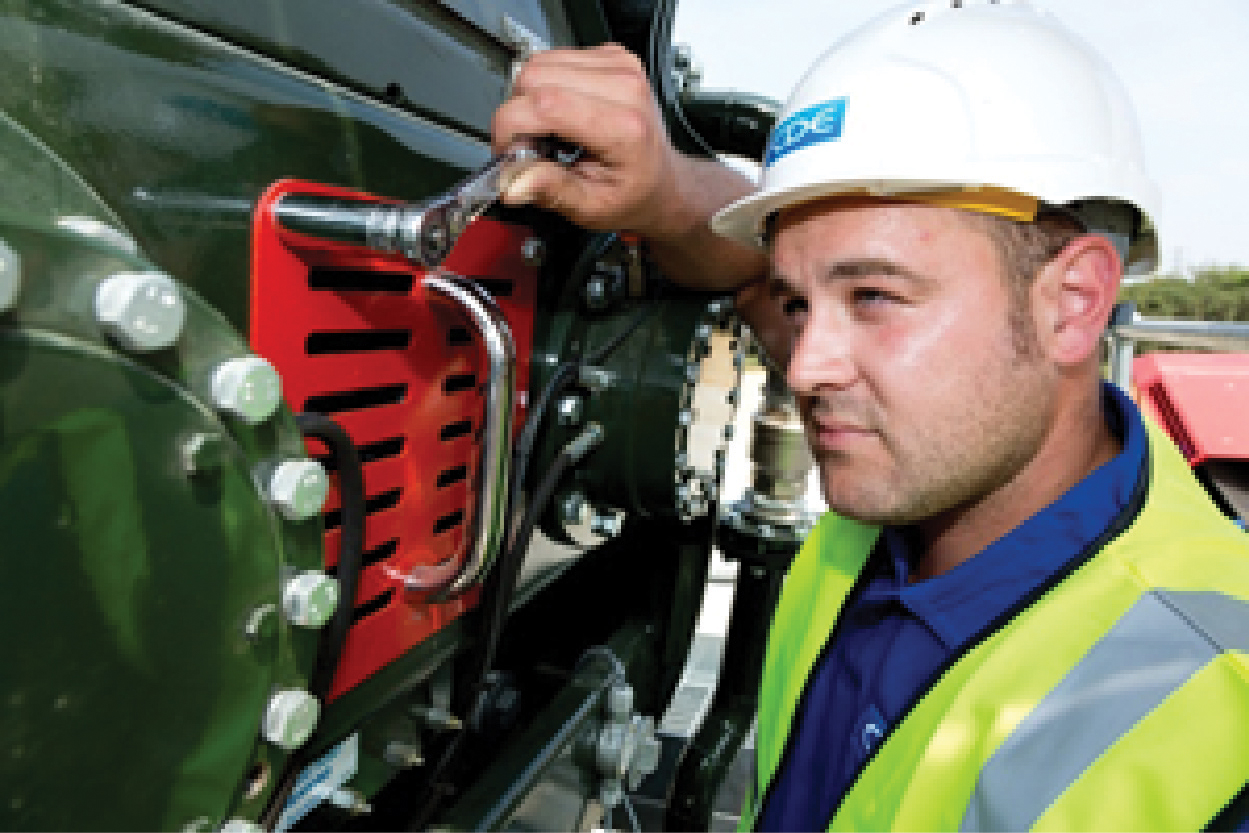
Regular maintenance is essential to keep equipment, machines and the work environment safe and reliable. A lack of - or inadequate - maintenance can lead to dangerous situations, accidents and health problems, says the
However, it points out that maintenance is a high-risk activity with some of the hazards resulting from the nature of the work.
“Therefore, maintenance workers are more likely than other employees to be exposed to various hazards,” says EU-OSHA.
According to the European Standard EN 13306, maintenance concerns the “combination of all technical, administrative and managerial actions during the life cycle of an item intended to retain it in, or restore it to, a state in which it can perform the required function.”
This means that maintenance is critical to ensure continuous productivity; to produce products of high quality and to keep company’s competitiveness. But it also has an impact on occupational safety and health, says EU-OSHA.
“Firstly, good maintenance is essential to keep machines and work environment safe and reliable.
“Secondly, maintenance itself is a high-risk activity and it has to be performed in a safe way, with appropriate protection of maintenance workers and other people present in the workplace.”
At
He says that the cost implications of ignoring planned maintenance can be, and frequently are, substantial.
“For many businesses operating in a variety of industries, planned and preventative maintenance is often low on the list of priorities, particularly because of its intangible nature,” says Jackson.
“In the short term, when other issues take priority, preventative maintenance can often be sidelined or even ignored without any immediate or obvious concerns. This is the mistake too many businesses make and can often relate to a decline in plant performance.”
Making sure that no barriers exist that would make the processing of material difficult is vitally important for quarry owners and site operatives alike.
“As the saying goes, time is money, and this is most definitely the Case in the competitive market for washed aggregates.
“Carrying out regular maintenance inspections on key plant will ultimately reduce downtime, increase operational efficiency and ensure that the risk of expensive reactive work is reduced substantially through planned and routine checks.
“In addition, preventative maintenance measures can drastically reduce faults in day-to-day operations, as well as increase the overall readiness of plants in case of unexpected levels of processing requirements. Not only does regular maintenance improve and extend the life of the plant by preventing excess impairment, maintenance includes, and is not limited to, adjustments, cleaning, lubrication, repairs and the replacement of parts. Moreover, having the ability to prevent possible issues from arising in the future and causing downtime will also avoid interference with your ability to deliver a quality customer service.”
He says in CDE’s experience the cost of maintenance can be three times higher if no form of preventative maintenance programme is in place.
“Regular inspections will pick up a large percentage of common faults that you would not otherwise have known, and very often these faults can be easily rectified by having a competent service engineer on site,” says Jackson.
He says that a recent example of costs incurred through lack of structured maintenance would be one customer incurring a bill of £4,000 (€5,300) for failure in not adhering to greasing schedules.
“This not only resulted in the replacement of various parts but approximately two days of plant downtime. Subsequently in this instance, had a preventative maintenance inspection existed, the engineers would have been made aware of the issues on one of their regular site visits and plant downtime would have been avoided.”
In another instance, a £3,000 (€4,100) cost was incurred by an untrained plant operative who manually modified overload settings within the control panel of an AquaCycle [CDE] causing structural damage to the plant.
“Having completely trained operators is critical as in this instance the problem would have been avoided had the appropriate training been put in place. With both plant-specific training and preventative maintenance in place, the savings would have been substantial for the customer here.”
While the specific details of maintenance vary between industry sectors and depending on tasks, there are some common principles, says EU-OSHA.
These include integration of OSHA management into maintenance management; structured approach based on risk assessment; clear roles and responsibilities; safe systems of work and clear guidelines to follow; adequate training and competence; the involvement of workers in the risk assessment and maintenance management process, and effective communication.




